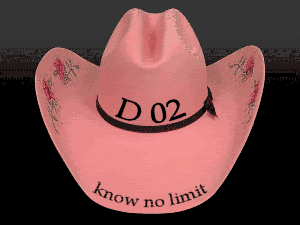Okay, I'm going take a swing...
My to-hit is...
base attack 15
+ normal strength bonus +3
+ weapon bonus +3
+ double focus and mastery + 4
+ did the bard sing, yes +2
+ am I flanking, not this round +0
+ I charged, +2
+ Did I get bullstrength this time, yes, +2
+ but bullstrength doesn't stack with gauntlets of ogre power, -1
+ I got enlarged -1 size
+ I got enlarged +1 strength
+ haste +1
+ I'm power attacking for 15 so -15
= 16
I hit...
Base damage is
d8
but enlarge person so 2d6
+ weapon bonus +3
+ strength +3
+ double specialiation and mastery +6
+ bullstrenghth which doesn't stack +1
+ enlarge person +1
+ bard song +2
+ swinging two handed 50% str bonus... ugh, whats my strength 16 + 2 + 2=20 so +5/2 = +2
+ power attack +30
= 48 + 2d6 damage on a hit
Oh, okay, now someone swings at me... My AC is...
30 normally
+ no shield -4
+ charge -2
+ dodge +1
+ dex drop for (gotta figure out if I'm using all my dex because of armour) enlarge -1
+ size for enlarge -1
+ haste +1
= 24
Yeah, DnD combat is sooooo fast and simple. :\ I have to be an expert in stacking rules, know and apply the modifiers from a dozen peices of equipment the character has, know and add the benefits of 3 different non-sensical special case spells, plus a song, know and apply the benefits of 5 different feat rules, know and apply special case rules for the combat action (charge), and special case rules for using a weapon two-handed instead of one.
A typical DnD combat at higher level has us opening the PHB a dozen or more times looking up special case rules, often spells, sometimes actions or skills, occasionally feats. HERO... even novice players rarely if ever have to stop the game to look up a rule. HERO combat is MUCH faster.

